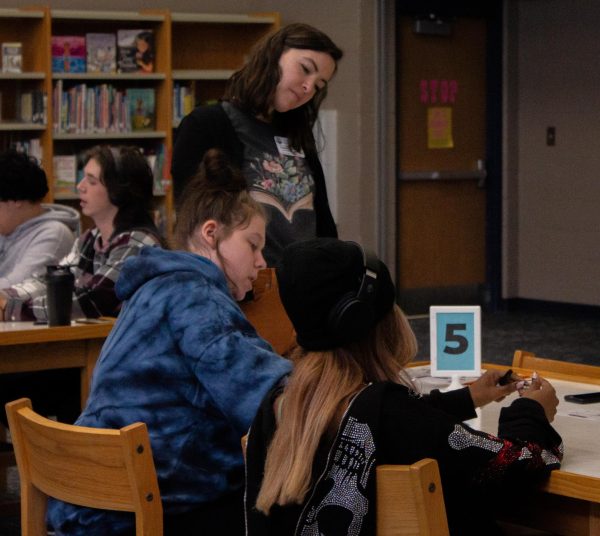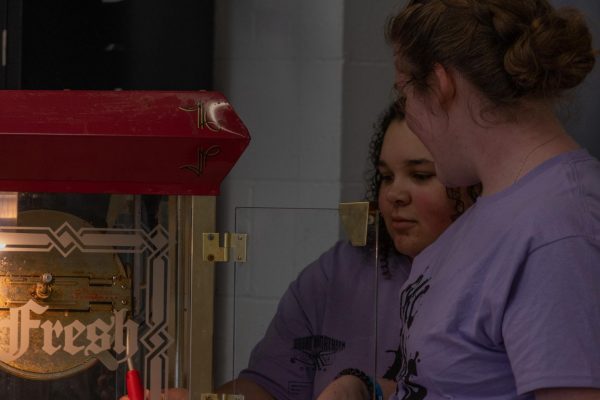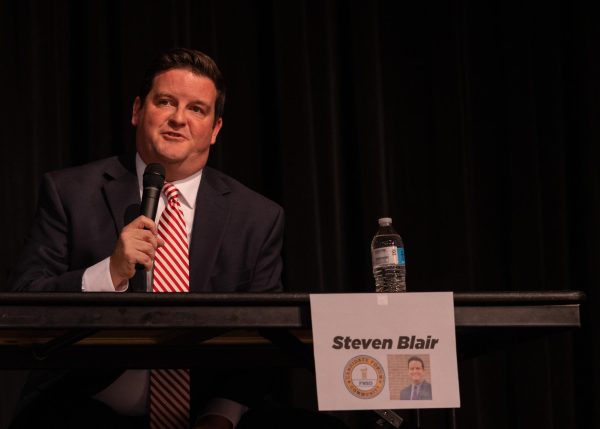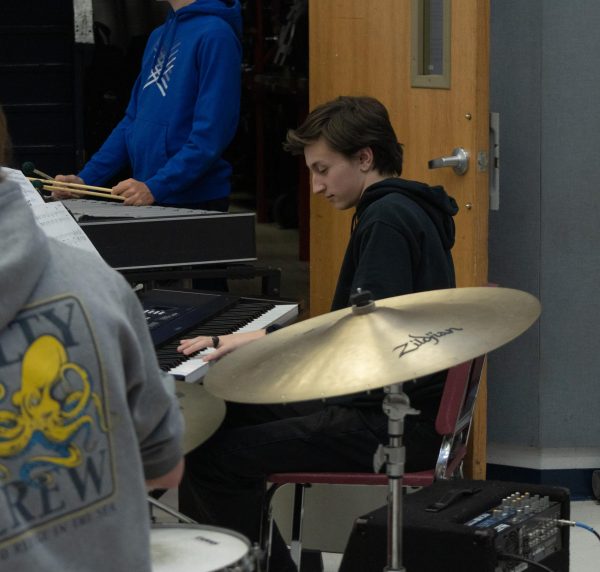Sophomores have mixed views of retired ACT test
Mandatory retired ACT initiated for sophomores in order to improve scores on the real test.
October 24, 2014
The retired ACT, given to sophomores five weeks ago, had both advantages and benefits to it. It offered a chance for students to prepare for the real ACT their junior year, and let them know where they stand, and where they have to go.
“It was complicated, but it was a good way to test what we know and where we need to go. It gave me an insight on where I stand and what I need to improve on, we get to see what we’re preparing for,” sophomore Gea Henry said.
The test can be a good thing to show where students need to improve, and where they are proficient. Three to six weeks after the test, Princeton Review will return scores to the students that took the test, and they can begin to see where they could improve, according to sophomore Elisa Swanson.
“I feel like it benefited in a way, and allowed me to see where I stand,” sophomore Logan Mays said.
However, there were also disadvantages to the standardized test, according to sophomore Rachel Fortney. Students were unprepared for the retired ACT, and were given little to no insight or warning to what it would be like. Test scores could have been even higher, and the ACT-like simulation could have been even closer to the real thing if students had been given an opportunity to study.
“The basic gist of it is a good idea, and they mean well, but it just sucked. I think it helped to prepare me, but more than anything, it just scared me half to death,” Fortney said.
The testing environment was unfriendly for Fortney, and she felt uncomfortable with the alphabetical testing room assignments.
“I was in a class full of people I didn’t know, and they all just kind of stared at me and I felt like I was being judged. I hated it; it was awful,” Fortney said.
In the long run, students would have benefitted from a friendlier testing environment, such as a few classes of sophomores together, where they are bound to know at least one person and, in turn, feel safer.
“It was daunting. It took forever and we weren’t prepared for straight hours of testing,” Swanson said.
Students were not prepared for the test at all. They were not ready for the length, nor the content, according to Swanson. The test took approximately five hours to complete, something most students had never experienced before.
“I think it was good practice, especially since we have to take the ACT for real next year, and colleges look at that. I think it’s good for the future. In the long run it was probably better for all of us, because some people will take the ACT for real next year, and that’ll be the one time they take it, because they can’t afford to take it again. They need this practice in order to understand what’s going on,” Swanson said.












